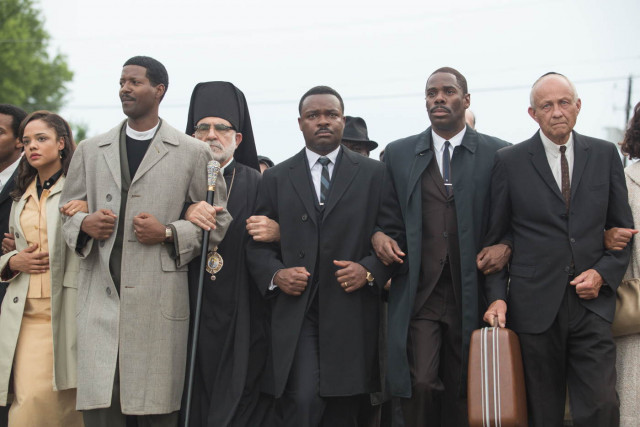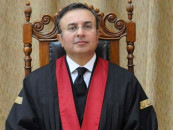Movie review: Selma - the King of all films
Selma brilliantly encapsulates what the black civil rights movement has accomplished — and what still needs to be...

Selma brilliantly encapsulates what the black civil rights movement has accomplished — and what still needs to be done. PHOTO: PUBLICITY
The title comes from Selma, Alabama, a small town in southern United States from where MLK began a march for equal voting rights. One of the scenes in which a senior African American lady (played by Oprah Winfrey, who also produced the film) unsuccessfully tries to register to vote highlights perfectly well what is at stake in this rally. She is asked to name all 67 county judges for no reason other than to keep her away from the booths. And the lack of voting rights has consequences, MLK explains to the president (played fantastically by Tom Wilkinson): only those registered to vote can serve juries, run for office or become public servants. Therefore, unless the blacks are given the right to vote, all-white juries with white judges will fail to convict white suspects of crimes against black people (plenty of which were shown in this movie, including a horrifying attack on a black church that killed four girls). Selma was a town with a black majority, but only two per cent were registered to vote.
While MLK is at the centre of it all, Selma features an ensemble cast: a group of activists who cut across generations and include an 84-year-old man who voted for the first time, the Southern Christian Leadership Conference whose members were active in the march, John Lewis, a congressman still serving today, a white pastor from Boston who was killed in a reprisal attack, thousands of men and women who marched along with MLK across the Edmund Pettus Bridge, where they were savagely beaten up by policemen determined to halt the march and the powers that be, the President and Alabama governor George Wallace (played by a delightful Tim Roth). DuVernay shows the protests on the ground, where one can hear the sickening sound of club on skulls, and then switches to the corridors of power and conversations between MLK and Johnson and Johnson and Wallace (many of which, the movie chillingly shows, were tapped by the Federal Bureau of Investigation).
So how does DuVernay move from Oslo to Washington, Selma to Montgomery, with a cast this big, and a subject as fraught as American racial politics? With the grace and sophistication of a director who deserves far more plaudits than this film is likely to get.

Published in The Express Tribune, Sunday Magazine, February 1st, 2015.



















COMMENTS
Comments are moderated and generally will be posted if they are on-topic and not abusive.
For more information, please see our Comments FAQ